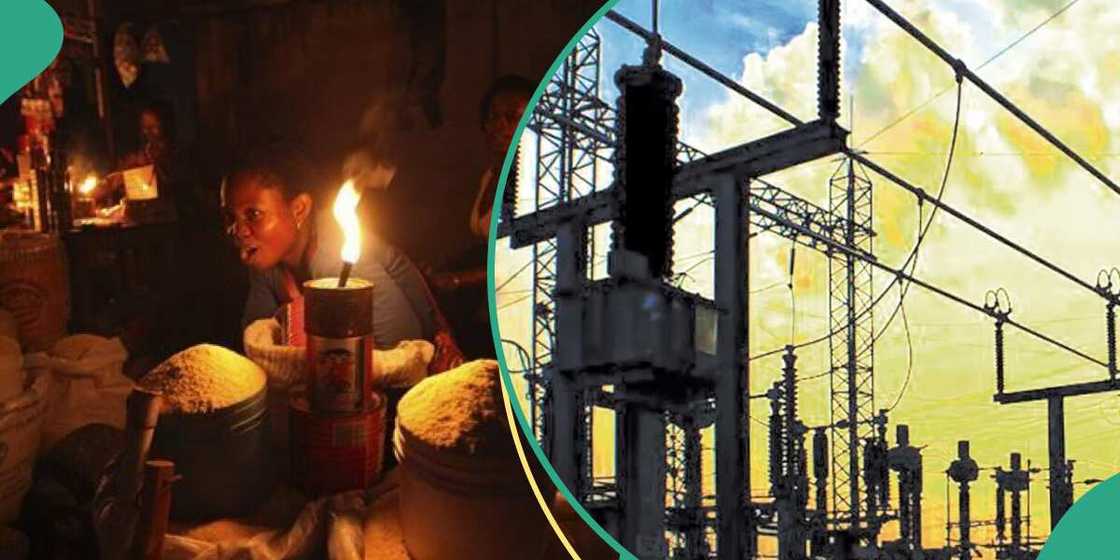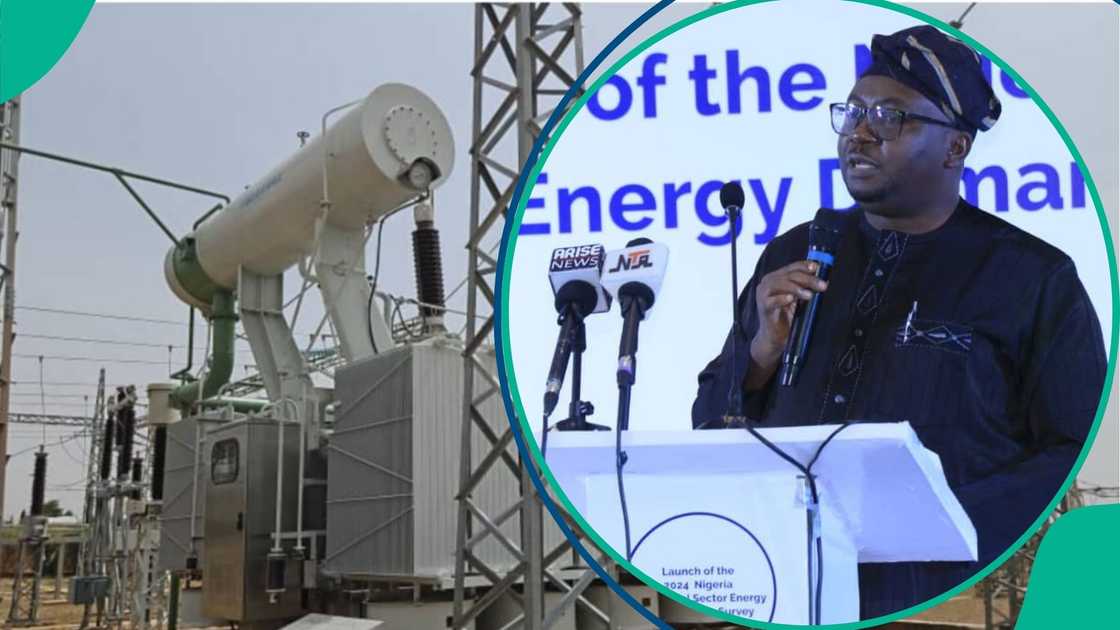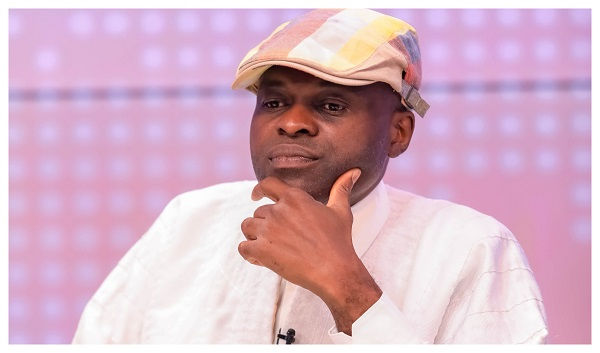Nigeria Tops Global List of Countries With Highest Number of People Without Electricity
Legit.ng journalist Victor Enengedi has over a decade's experience covering Energy, MSMEs, Technology, Banking and the Economy.
A 2025 World Bank report has highlighted that Nigeria has the highest number of people without access to electricity, with 86.8 million individuals affected.
This marks the third consecutive year Nigeria has been ranked at the bottom in global access to electricity.

Source: UGC
The report, titled “Tracking Sustainable Development Goal 7: The Energy Progress Report 2025,” revealed that 18 of the top 20 countries with the weakest access to electricity are in Sub-Saharan Africa.
According to the findings, 61% of Nigeria's population had access to electricity, while only 26% had access to clean cooking energy in 2023.
The report also noted that the 20 countries with the largest electricity access gaps accounted for 76% of the global deficit, up from 75% in 2022.
Nigeria, the Democratic Republic of Congo (79.6 million), and Ethiopia (56.4 million) were the top three countries in terms of the largest electricity access deficits, collectively contributing to about a third of the global deficit.
The report pointed out that South Sudan had the lowest national access rate at 5%, followed by Chad and Burundi at 12%.
In Sub-Saharan Africa, although 35 million people gained access to electricity in 2023, rapid population growth offset much of this progress, with the region's overall access gap narrowing by only 5 million people.
This led to the region accounting for 85% of the global population without electricity.
The World Bank further noted that while Sub-Saharan Africa has made minimal progress, regions such as Central and Southern Asia have seen significant improvements.
Between 2020 and 2023, these regions reduced their electricity access gap from 414 million to just 27 million.
Despite these strides, the World Bank emphasised that Sub-Saharan Africa requires a significantly faster pace of progress to achieve universal electricity access goals.
Looking ahead to 2030, the World Bank emphasised that although global efforts have reduced the number of people without electricity by 665 million since 2010, 645 million people are still projected to lack access by 2030.
However, the International Energy Agency (IEA) expects that some countries on track to achieve near-universal access could close the gap with the right policies.

Source: Twitter
Meanwhile, Legit.ng earlier reported that as electricity tariffs in Nigeria continue to increase, many businesses, educational institutions, and households are abandoning the national grid in favour of self-generated power.
More than 400 major companies, including Flour Mills of Nigeria and MTN, have opted to generate their own electricity, surpassing the grid's capacity.
In response to rising electricity costs, a growing number of individuals and businesses are turning to solar power to reduce their energy expenses.
PAY ATTENTION: Сheck out news that is picked exactly for YOU ➡️ find the “Recommended for you” block on the home page and enjoy!
Source: Legit.ng












-1751014305805.jpg)